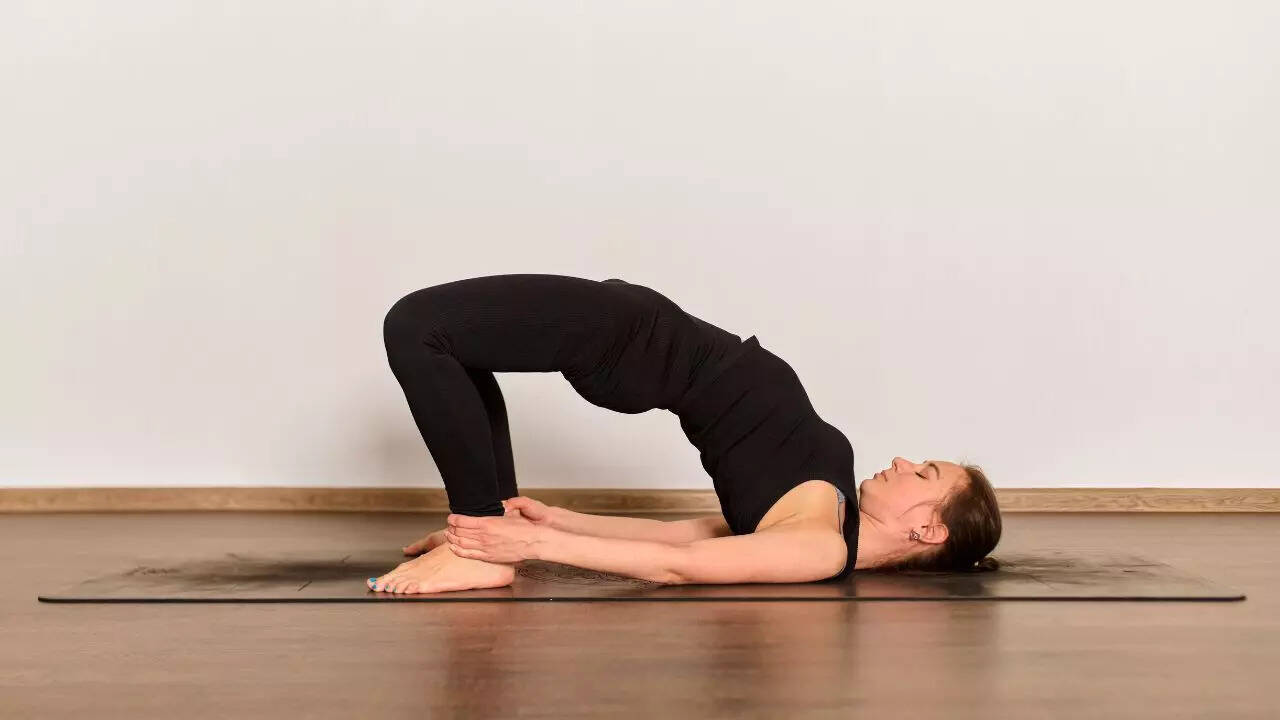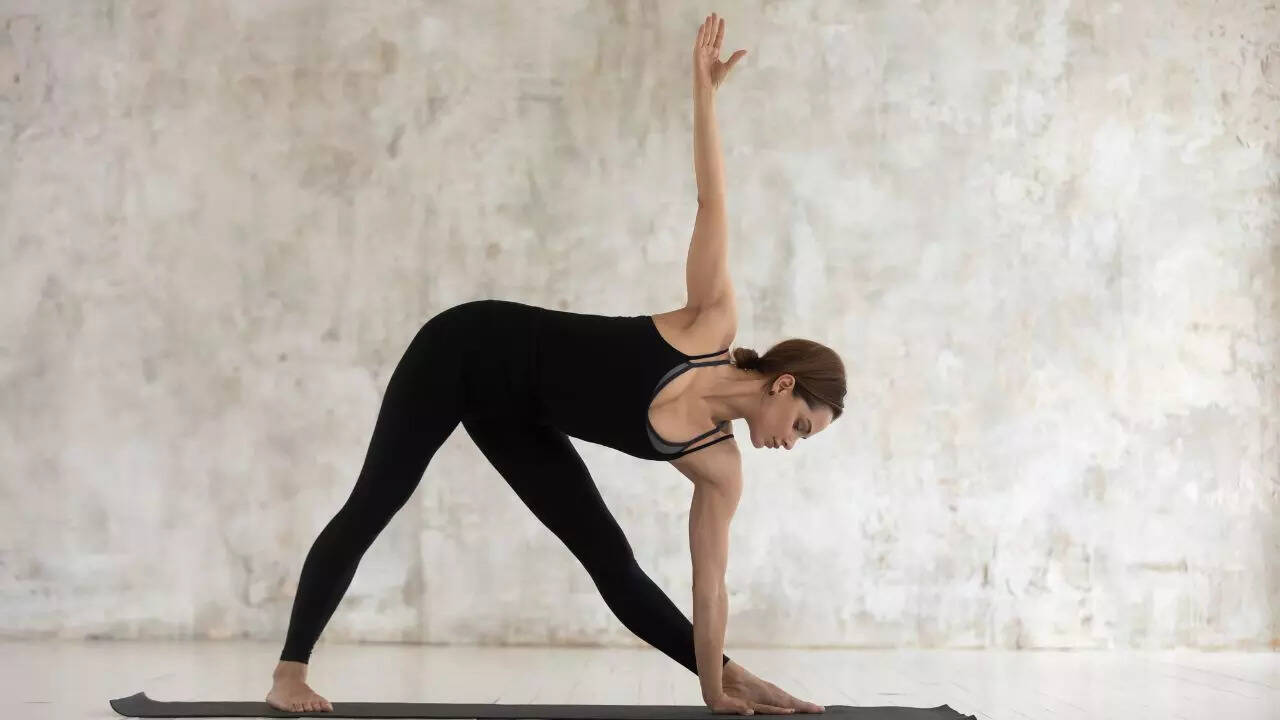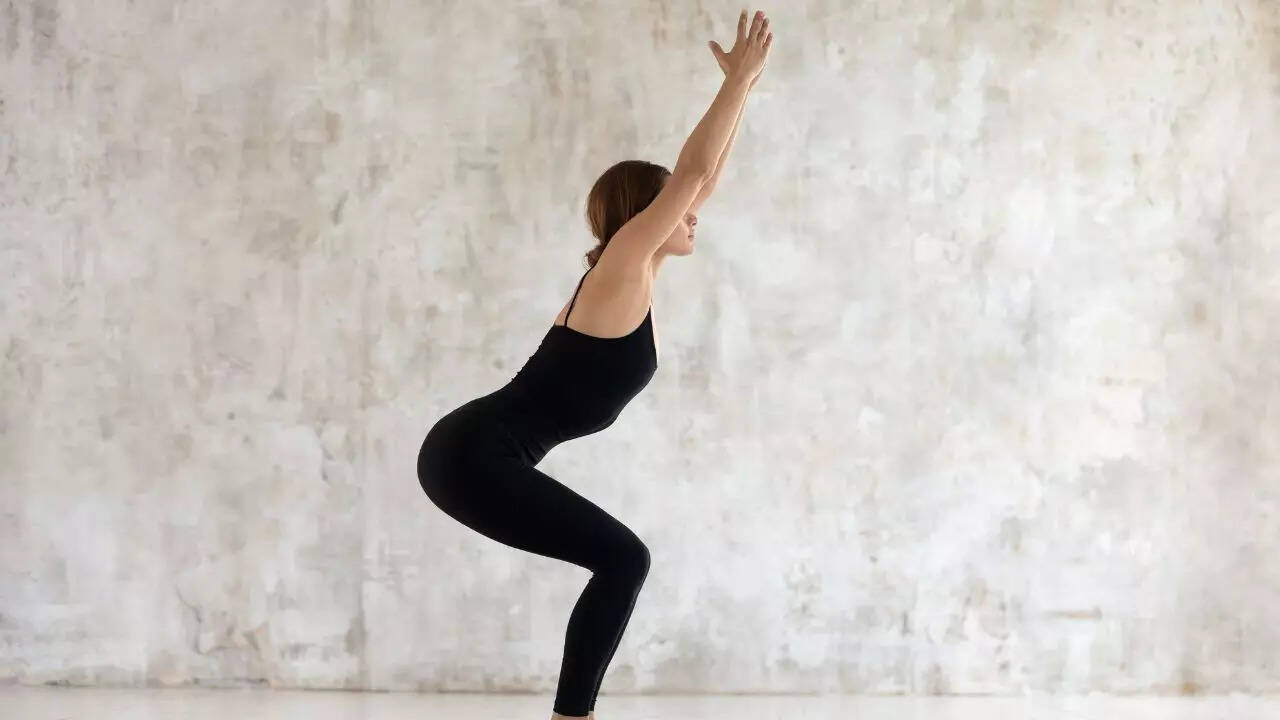Renowned cardiologist reveals how yoga helped overcome knee pain and boost overall health |

Yoga is globally recognised as a holistic healing practice that integrates physical postures (asanas), breathing exercises (pranayama), and meditation techniques to promote overall wellness. Beyond its spiritual origins, yoga therapy has gained immense popularity for its proven physical and mental health benefits, especially in managing chronic pain and joint-related conditions. In a recent MyGov podcast, renowned cardiologist Dr Devi Shetty revealed how yoga transformed his health, helping him overcome chronic knee pain that had persisted for years. His recovery story powerfully illustrates yoga’s scientifically supported ability to improve flexibility, reduce inflammation, and restore joint function, making it a vital tool for anyone seeking natural pain relief and enhanced mobility.
Yoga’s role in knee pain relief: Dr. Devi Shetty’s real-life experience
At the age of 55, Dr Devi Shetty, one of India’s most respected heart surgeons, developed severe knee pain that threatened his mobility and quality of life. Despite being physically active through bodybuilding and martial arts, his pain persisted until his wife encouraged him to explore yoga for knee pain relief.Initially sceptical, Dr Shetty began practising yoga under professional guidance. Within just two to three months of consistent yoga sessions, his knee pain completely disappeared. “Today, if you ask me whether it was my right knee or left knee, I have forgotten,” says Dr Shetty. He continues to practise yoga every alternate day, maintaining joint strength, stamina, and postural balance, which support his demanding surgical schedule. His story highlights yoga’s potential to deliver sustainable joint health and natural pain management without medication or invasive treatments.
Scientific research: How yoga helps reduce knee pain and Osteoarthritis symptoms
Multiple scientific studies confirm that yoga is effective for knee osteoarthritis (KOA) and other chronic joint pain conditions. According to research published in PubMed, regular yoga practice helps:
- Reduce knee pain and stiffness through gentle stretching and muscle strengthening
- Improve flexibility and blood circulation in joint tissues
- Decrease inflammation and enhance joint lubrication
- Promote mental relaxation through controlled breathing and mindfulness
This low-impact exercise improves posture, balance, and mobility, reducing the risk of falls in older adults. Moreover, yoga’s stress-relieving effects improve sleep quality and emotional resilience, which further enhance healing and recovery for those suffering from knee osteoarthritis or chronic joint pain.
Top yoga poses for knee pain relief and joint flexibility: Safe practice tips
For individuals seeking natural relief from knee pain, certain yoga poses can be particularly effective:
- Bridge Pose (Setu Bandhasana) – strengthens glutes and quadriceps, supporting knee stability

- Triangle Pose (Trikonasana) – enhances flexibility and balance

- Chair Pose (Utkatasana) – builds leg strength and supports joint function

These low-impact yoga postures improve circulation, reduce stiffness, and help stabilise the knee joint. However, safety in yoga practice is crucial. Overexertion, incorrect alignment, or advanced poses can cause injury. Experts recommend starting with gentle yoga for beginners, learning from certified yoga instructors, and gradually increasing intensity to prevent knee strain or muscle injury.
Beyond pain relief: Comprehensive health benefits of yoga for body and mind
Yoga’s impact extends far beyond joint pain relief. Regular practice offers multiple health benefits:
- Improves cardiovascular health by regulating blood pressure and heart rate variability
- Boosts mental health by reducing stress hormones and anxiety
- Enhances respiratory function in chronic conditions such as asthma
- Promotes better sleep, focus, and emotional balance
Studies show that long-term yoga practitioners experience slower ageing, better cardiovascular resilience, and a higher quality of life. The mind–body synergy of yoga—uniting movement, breath, and mindfulness—makes it an ideal lifestyle practice for achieving holistic health, mental clarity, and emotional stability.Dr Devi Shetty’s yoga journey is a testament to how consistent yoga practice can reverse years of chronic pain, restore joint function, and strengthen the mind–body connection. Supported by robust scientific evidence, yoga stands as a natural, non-invasive therapy for those seeking relief from knee osteoarthritis, joint stiffness, or mobility issues.When practised mindfully and regularly, yoga not only alleviates knee pain but also enhances overall health, flexibility, and inner peace—offering a sustainable path to pain-free living and long-term wellbeing.Disclaimer: This article is for informational purposes only and should not be considered medical advice. Please consult a healthcare professional before making any changes to your diet, medication, or lifestyle.Also Read | 5 minutes of daily exercise can lower blood pressure, boost circulation, and protect heart health naturally






